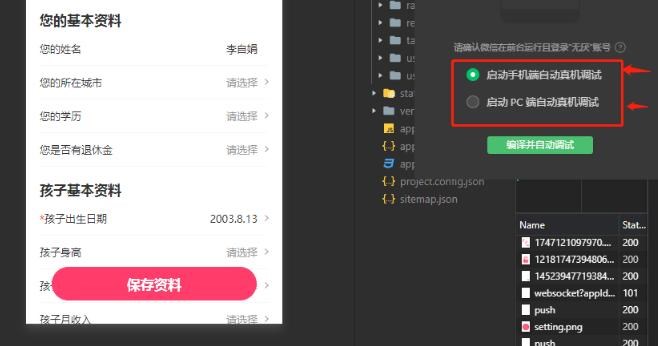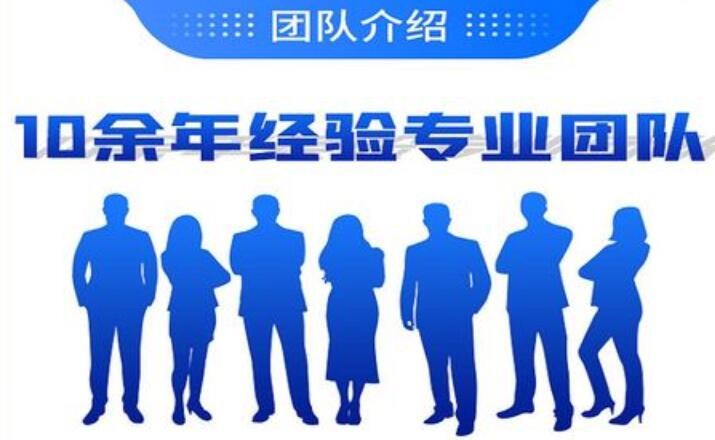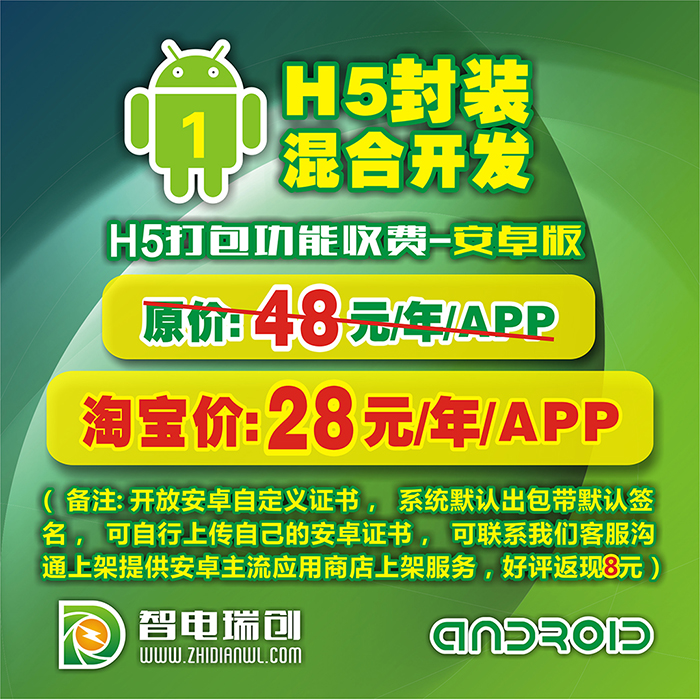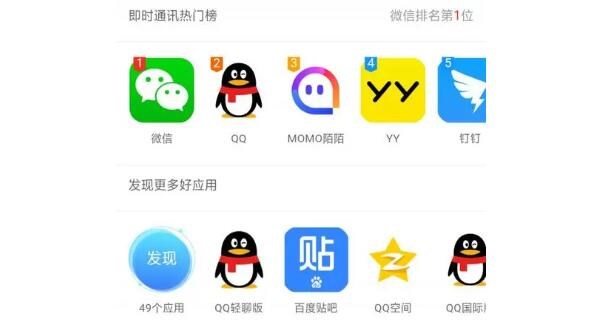App Inventor 是一款簡單易用的App制作軟件,擁有豐富的組件庫,也為開發者們提供了程序設計與實現的框架。人臉識別是一種計算機圖像處理技術,可以自動檢測和識別人臉。本文將介紹如何在 App Inventor 中利用圖片組件實現人臉識別。
人臉識別原理
人臉識別主要分為兩個階段:人臉檢測和人臉識別。在這里我們只講解人臉檢測的原理。
人臉識別需要用到計算機視覺和模式識別技術。其中人臉檢測是人臉識別的第一步,其核心是對圖像進行特征匹配。傳統的人臉檢測算法是利用 Haar、LBP等算法建立人臉分類器,在一個大型訓練數據集上進行訓練,將人臉的正面圖像和非人臉的圖像分成兩個類別,之后輸入一張人像圖像,分類器能夠自動輸出其所屬類別。但是這種算法不穩定,易受不同光照、陰影、面部遮擋、拍攝距離等因素的影響,因而無法滿足實際需求。得益于深度學習和神經網絡技術的發展,現在的人臉檢測技術得到了較大的提升,并被廣泛應用。
App Inventor 實現人臉識別
在 App Inventor 中實現人臉識別,需要使用相關的組件和 API。具體步驟如下:
1. 創建 App Inventor 項目
打開 App Inventor,創建一個新項目。
2. 選擇圖片組件
在工具箱中選擇“圖片”組件,將其拖動到設計面板中。
3. 拍照獲取圖片
在界面上添加一個“拍照”按鈕,并為其設置事件處理程序。當用戶點擊拍照按鈕時,將會調用 Android Camera API,啟動相機并拍攝照片,然后將照片作為圖片組件的圖像進行顯示。具體代碼如下:
// 定義圖片組件
ImageView imageView;
// 定義拍照按鈕
Button button;
@Override
protected void onCreate(Bundle savedInstanceState) {
super.onCreate(savedInstanceState);
setContentView(R.layout.activity_main);
// 初始化控件
imageView = findViewById(R.id.imageView);
button = findViewById(R.id.button);
// 為按鈕設置點擊事件
button.setOnClickListener(new View.OnClickListener() {
@Override
public void onClick(View view) {
// 啟動相機拍照并獲取照片
APP開發 Intent intent = new Intent(MediaStore.ACTION_IMAGE_CAPTURE);
startActivityForResult(intent, REQUEST_CODE_CAMERA);
}
});
}
// 處理相機回傳的結果
@Override
protected void onActivityResult(int requestCode, int resultCode, Intent data) {
super.onActivityResult(requestCode, resultCode, data);
if (requestCode == REQUEST_CODE_CAMERA && resultCode == RESULT_OK && data != null) {
// 獲取拍照的照片
Bundle bundle = data.getExtras();
Bitmap bitmap = (Bitmap) bundle.get(“data”);
// 設置到圖片組件中
imageView.setImageBitmap(bitmap);
}
}
4. 加載人臉檢測模型
從互聯網上下載一個人臉檢測模型,并將其保存到手機的內部存儲空間中。我們可以使用 TensorFlow Lite 模型來進行人臉檢測。此外,也可使用其他的人臉檢測算法,如 OpenCV 中的人臉檢測算法。下載完成后,將其復制到 App 的 assets 目錄下。
5. 調用 TensorFlow Lite API
在 App 中,可以使用 TensorFlow Lite API 來進行人臉檢測。具體步驟如下:
首先,在 build.gradle 中添加依賴項:
dependencies {
implementation ‘org.tensorflow:tensorflow-lite:2.2.0’
}
然后,在代碼中加載模型文件:
// 加載模型文件
private Interpreter interpreter;
private void loadModel() {
try {
ByteBuffer buffer = loadModelFile(“detect.tflite”);
interpreter = new Interpreter(buffer);
} catch (IOException e) {
e.printStackTrace();
}
}
private ByteBuffer loadModelFile(String filename) throws IOException {
AssetFileDescriptor fileDescriptor = getAssets().openFd(filename);
FileInputStream inputStream = new FileInputStream(fileDescriptor.getFileDescriptor());
FileChannel fileChannel = inputStream.getChannel();
long startOffset = fileDescriptor.getStartOffset();
long declaredLength = fileDescriptor.getDeclaredLength();
return fileChannel.map(FileChannel.MapMode.READ_ONLY, startOffset, declaredLength);
}
最后,使用 TensorFlow Lite API 進行人臉檢測:
private void detectFace(Bitmap bitmap) {
// 將 Bitmap 轉換為 ByteBuffer
ByteBuffer inputBuffer = convertBitmapToByteBuffer(bitmap);
// 定義輸出緩沖區
float[][][] output = new float[1][Constants.OUTPUT_SIZE][4];
// 進行人臉檢測
interpreter.run(inputBuffer, output);
// 處理檢測結果
List faces = new ArrayList();
for (int i = 0; i
float top = output[0][i][0] * bitmap.getHeight();
float left = output[0][i][1] * bitmap.getWidth();
float bottomAPP = output[0][i][2] * bitmap.getHeight();
float right = output[0][i][3] * bitmap.getWidth();
RectF rectF = new RectF(left, top, right, bottom);
if (rectF.width() > 0 && rectF.height() > 0) {
faces.add(rectF);
}
}
// 在圖
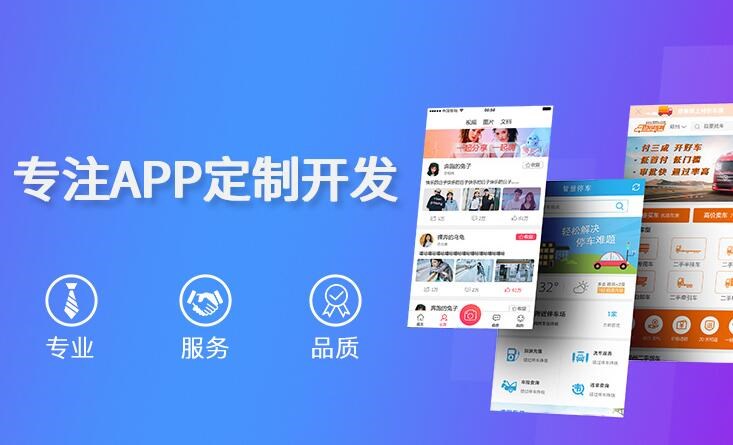
片上繪制人臉區域
imageView.setFaces(faces);
}
private ByteBuffer convertBitmapToByteBuffer(Bitmap bitmap) {
ByteBuffer buffer = ByteBuffer.allocateDirect(Constants.INPUT_SIZE * Constants.INPUT_SIZE * 3 * 4);
buffer.order(ByteOrder.nativeOrder());
buffer.rewind();
int[] pixels = new int[Constants.INPUT_SIZE * Constants.INPUT_SIZE];
bitmap = Bitmap.createScaledBitmap(bitmap, Constants.INPUT_SIZE, Constants.INPUT_SIZE, true);
bitmap.getPixels(pixels, 0, bitmap.getWidth(), 0, 0, bitmap.getWidth(), bitmap.getHeight());
for (int i = 0; i
buffer.putFloat(Color.red(pixels[i]) / 255.0f);
buffer.putFloat(Color.green(pixels[i]) / 255.0f);
buffer.putFloat(Color.blue(pixels[i]) / 255.0f);
}
buffer.rewind();
return buffer;
}
在 detectFace() 方法中,首先將 Bitmap 轉換為 ByteBuffer,然后調用 TensorFlow Lite API 進行人臉檢測,最后在圖片上繪制人臉區域。
結論
本文介紹了如何在 App Inventor 中實現人臉識別。雖然使用 TensorFlow Lite API 進行人臉檢測比較困難,但已經有許多開源的人臉識別庫,包括 Dlib、OpenCV、face_recognition 等,可以幫助我們輕松實現人臉識別功能。



